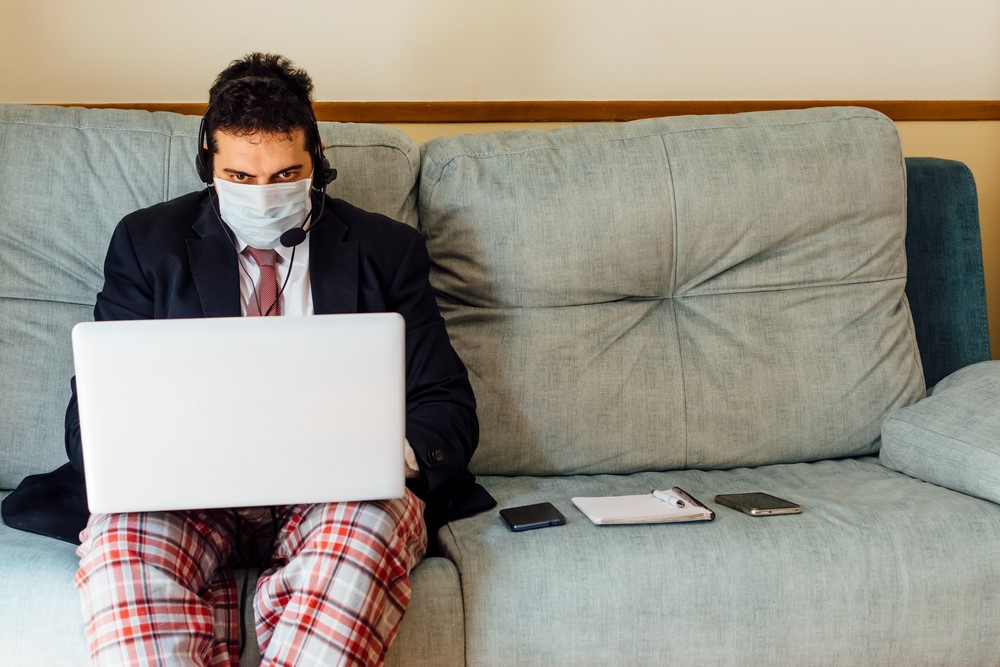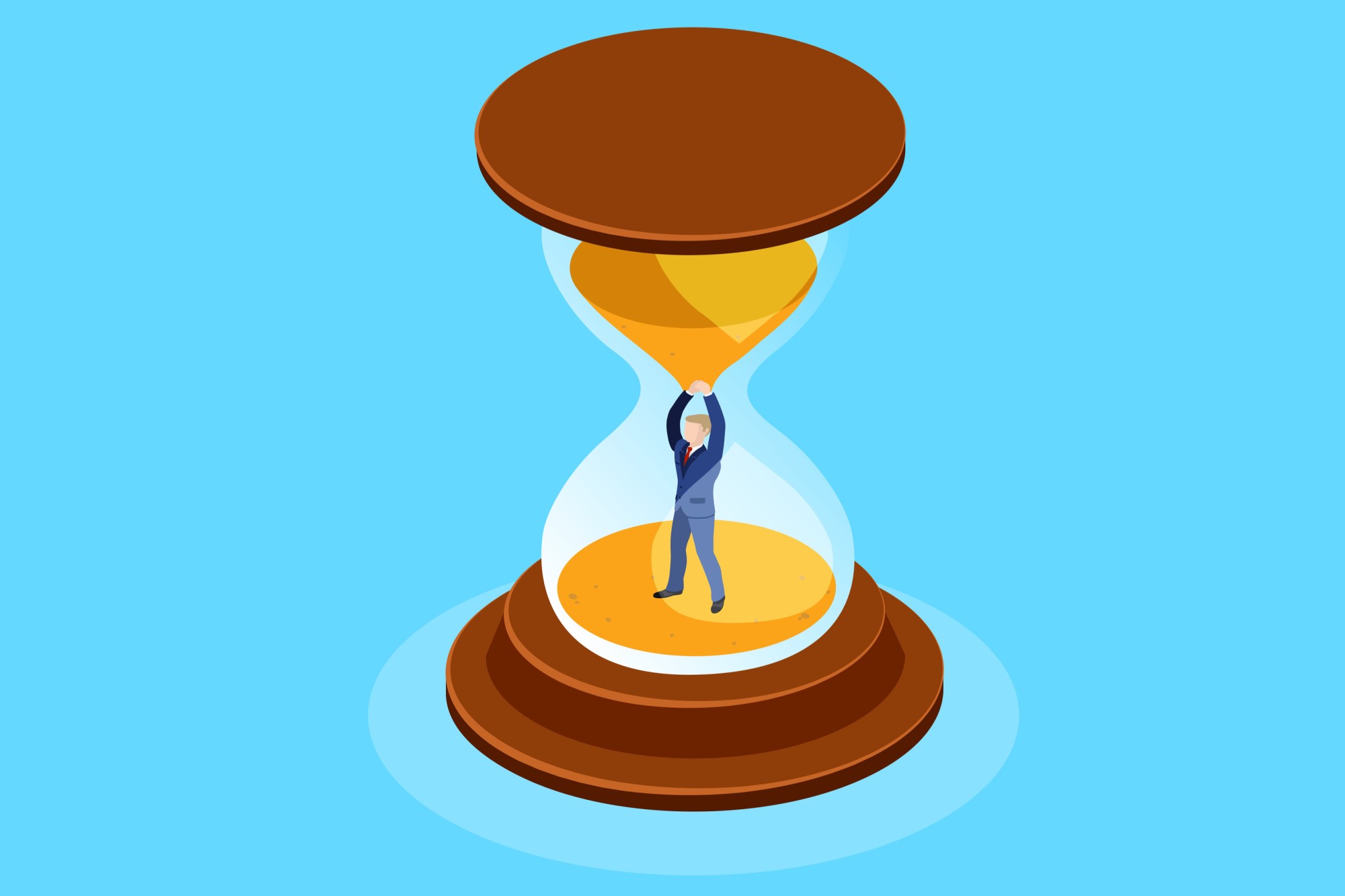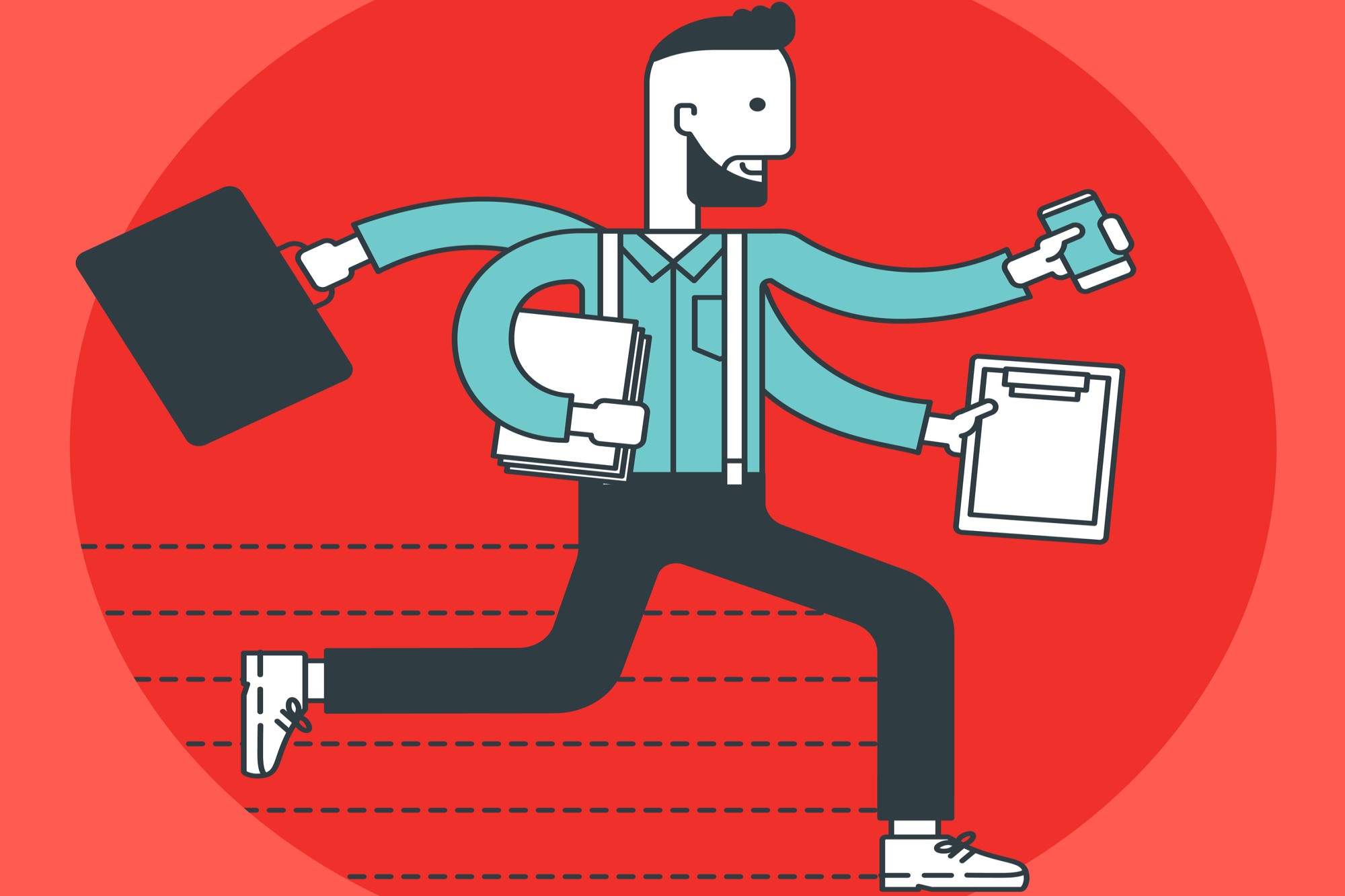Of Pajamas and Self-Care

If you’re like me, then you’ve been spending a lot of time working from home as of late. This has its benefits – e.g., no need to commute into work, snacks are abundant, my cat is here – and its detriments – e.g., I spend hours and hours sitting in the same place and looking at the same computer monitor, day-in, day-out. One additional benefit comes in the form of what you wear: without having to be around coworkers you’re pretty much free to wear whatever you want (except on days with Zoom calls, of course). A popular pandemic choice has been pajamas: comfortable and easy to just throw on, you can sit in comfort as you watch the barriers between your work life and non-work life slowly dissolve away into nothingness.
While pajamas and/or sweatpants have become the de facto lockdown uniform, numerous news outlets have recently reported some worrying news: a recent study showed that wearing your pajamas all day while you work correlates with reports of declining mental health. “Academics who are tempted to remain in pajamas during the work day should think again” says Insider Higher Ed, warning that “those who stay in bedroom attire are twice as likely to report a worsened state of mental health.” While the study in question did not show any effect of pajama-wearing on one’s productivity, other outlets have warned that all-day pajama wearing could be part of a larger set of behaviors that would result in such a decline, urging those who work from home to “create a routine and structure that you force yourself to stick to” (a routine that involves, presumably, changing into something other than pajamas).
Let’s say that one has some minimal obligations to one’s own well-being; in other words, you have a duty to take care of yourself, and part of that duty will involve your mental health. If it is, in fact, the case that pajama-wearing correlates with decreased mental health, then it would seem that one should throw on some less comfortable, at least during the workday.
Still, one might not be convinced. While pajama wearing may correlate with decreased mental health, one might think that it is surely any number of the many additional variables – such as being isolated, not being able to see or interact with one’s friends and family face-to-face, not being able to do many of the activities one did in the pre-pandemic world, etc. – that are causing this reported decrease in mental health. If anything, one might think, wearing pajamas all day can be something that can make you feel just a little bit better.
Hence we see another side to the pajama issue: instead of providing warnings about mental health and establishing routines, some businesses have begun to cater to the work-from-home lifestyle by offering a range of “home loungewear.” “As working from home becomes the new normal, many are finding that changing out of pajamas can be quite a daunting task,” says Celia Fernandez at Insider. Rather than advising that we find something else to wear, she instead suggests that we lean into it, helpfully providing some “perfect loungewear options that feel like pajamas without looking like them.” If wearing pajamas helps you feel better, then you might as well exercise this little bit of self-care with style.
We are thus being presented with conflicting messages: on the one hand, wearing pajamas all day may be indicative of having fallen into a rut, and thus it seems that one ought to make changing into non-pajamas part of one’s daily routine. On the other hand, working from home all the time takes a mental toll, and so you should do whatever little things you can to make this time a little less terrible. And if wearing pajamas all day will help with that, so be it.
This conflicting advice represents the difficulty in balancing what might seem to be competing duties one has towards self-care: on the one hand, it seems that we have short-term duties to ourselves to allow us to best cope with the problems that we are dealing with here and now; on the other hand, it seems that we also have long-term duties to future selves, to make sure that we are able to cultivate habits that allow us to be happy and healthy in the long run. While we may always face this conflict to a certain extent, pandemic-times have brought some of the conflicts to the front and center, feeling both that one should do everything one can to get “back to normal,” while also feeling like one needs to just get through another day.
While there’s no solution to this problem that can be applied universally, it is worth considering what is more pressing on an individual basis. For instance, if things are feeling particularly tough on any given day and wearing some stylish pajamas will make a significant difference in how you’re feeling, then by all means go for it. If, however, you find that staying in your pajamas all day does not so much bring you comfort as it just feels like a normal part of pandemic living, then you might consider thinking about working towards improving your long-term well-being instead.




